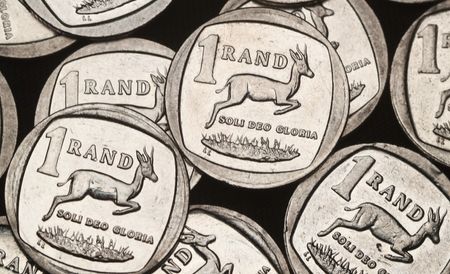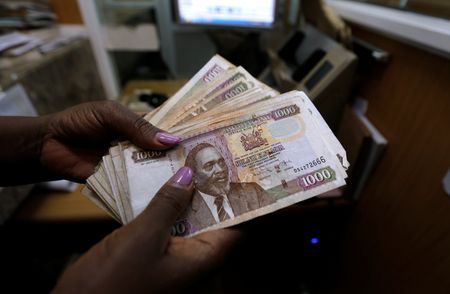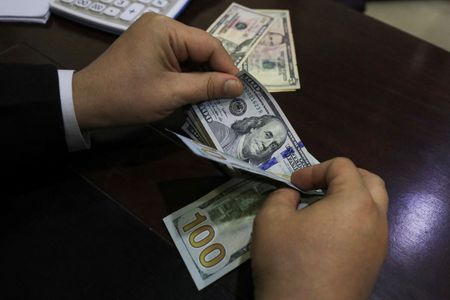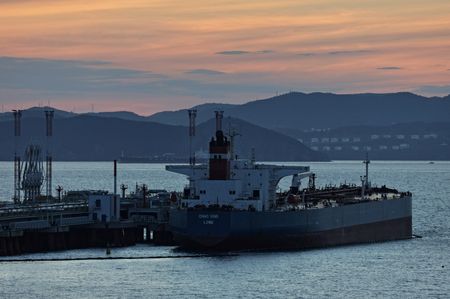ABUJA (Reuters) -Nigeria’s inflation rate rose for the fourth straight month in December, advancing to 34.80% in annual terms from 34.60% in November, data from the statistics agency showed on Wednesday.
The agency said in a report that the uptick in December was due to increased demand associated with the festive period. Food and non-alcoholic beverages contributed the most to price pressures.
Inflation rose sharply after President Bola Tinubu devalued the naira currency and cut subsidies in 2023 to try to lift economic growth and shore up public finances.
It started to ease in July last year as the impact of the naira devaluation began to fade, before a series of petrol price increases again spurred inflationary pressures, exacerbating the worst cost of living crisis in decades in Africa’s most populous nation.
Food inflation was 39.84% year-on-year in December, compared with 39.93% the previous month, due to price rises for items such as yam, sweet potatoes, beer, corn, rice and fish, the National Bureau of Statistics said.
The central bank hiked interest rates six times last year to try to get inflation under control.
Nigeria’s government expects inflation to fall to 15% this year, helped by lower imports of petroleum products, Tinubu said during a budget speech in December.
(Reporting by Chijioke Ohuocha and Mohd Shamsuddin. Editing by Alexander Winning and Mark Potter)










